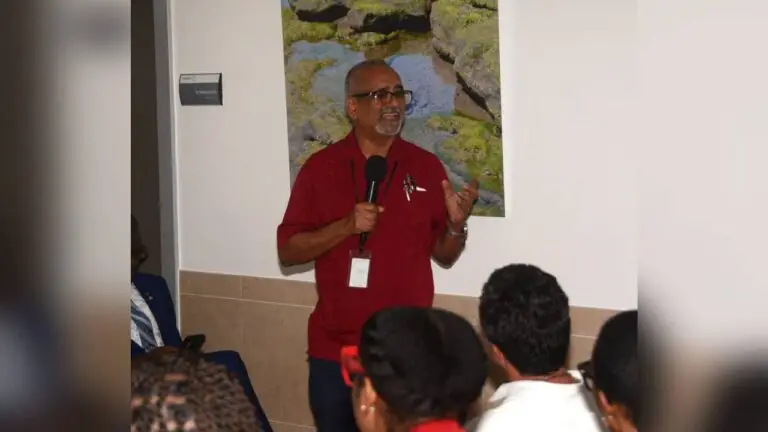ST JAMES, Jamaica — Dr. Delroy Fray, the Clinical Coordinator at the Western Regional Health Authority (WRHA), is calling attention to the critical issue of misinformation surrounding breast cancer treatments, particularly the reliance on herbal medicines, which he asserts lack scientific backing as a viable cure.
In a recent interview with JIS News, Dr. Fray expressed alarm at the increasing number of patients receiving late-stage breast cancer diagnoses. He linked this trend to individuals opting for treatment from herbal practitioners instead of seeking conventional medical advice.
“Many women notice irregularities in their breasts and choose to consult herbal doctors who administer herbal remedies,” Dr. Fray remarked. “I must emphasize that these treatments are not effective in addressing breast cancer.”
While Dr. Fray acknowledged that herbal treatments can serve as complementary therapies alongside conventional methods, he cautioned against relying on them solely. He referenced a comprehensive study conducted by Yale University over five years, which examined the outcomes of cancer patients using different treatment approaches. The findings revealed a stark reality: patients relying exclusively on alternative treatments had a death rate five times higher than those who received conventional medical care. Conversely, those who integrated both conventional and alternative therapies exhibited significantly improved outcomes.
Dr. Fray further highlighted persistent myths that contribute to delayed diagnoses and discourage women from undergoing essential breast cancer screenings. One prevalent misconception is the belief that mammograms, which involve compressing breast tissue, can induce cancer. “There is no credible scientific evidence to support this,” he clarified. “The radiation from a mammogram is minimal, and the benefits of early detection are invaluable.”
Another myth suggests that radiation treatment exacerbates cancer or leads to tumor development. Dr. Fray explained, “The radiation dosage in mammography is quite low and is far outweighed by the benefits of identifying abnormalities early on. We can detect lesions as small as a pinhead.”
Fear of surgery, particularly the potential loss of a breast, often prevents women from seeking timely medical attention after noticing changes. “Many are understandably anxious about breast removal,” Dr. Fray noted. “However, modern procedures allow for reconstruction using the patient’s own tissue or implants, alleviating the psychological distress associated with such a diagnosis.”
Dr. Fray assured the public that Cornwall Regional Hospital (CRH) is fully equipped to provide comprehensive care for breast cancer patients, offering treatment that meets international standards. “We are committed to delivering high-quality healthcare comparable to that found in First-World countries,” he affirmed, urging women to prioritize their health and seek medical attention without delay.

